Children can experience a range of intense emotions, such as fear, anxiety, frustration, and anger. These emotions can often be overwhelming and challenging to control. Therefore, a calm down corner is a private space that can help children calm their emotions, relax, and self-regulate their behavior. Here are some of the benefits of a calm down corner.
Help Children Manage Emotions
The main benefit of a calm down corner is to provide children with a safe place to process their emotions. They can also learn how to regulate their emotional responses. In particular, children who struggle with self-regulation can benefit significantly from the techniques learned in a calm down corner.
Develop Self-Regulation Skills
As children practice the calming methods, they begin to learn that they have control over their emotions. As a result, they learn they can calm themselves down. Building these skills has an overall positive effect on long-term emotional maturity.
Encourages Autonomy
Another benefit of a calm down corner is that it promotes independence in children. Once the child becomes familiar with techniques suggested within the calm down corner, they adopt these skills on their own and use them in every day life.
Improves Concentration
A calm down corner benefits students by encouraging them to focus on a positive behavior. After being in a calm down corner, students return returning to activities with clearer minds and are ready to focus more on their school tasks.
Increased Self-Esteem and Confidence
Another benefit of a calm down corner is that children who practice self-regulation skills and learn to manage their emotions often feel a boost in self-esteem and empowered feelings. This contributes to a sense of accomplishment and confidence.
In conclusion, there are many benefits of a calm down corner! It not only provides a relaxing place for children, it also helps them learn vital self-regulation skills. With practice, children generally improve their emotional health. Ultimately, this positively impacts their academic performance, relationships, and their future life.
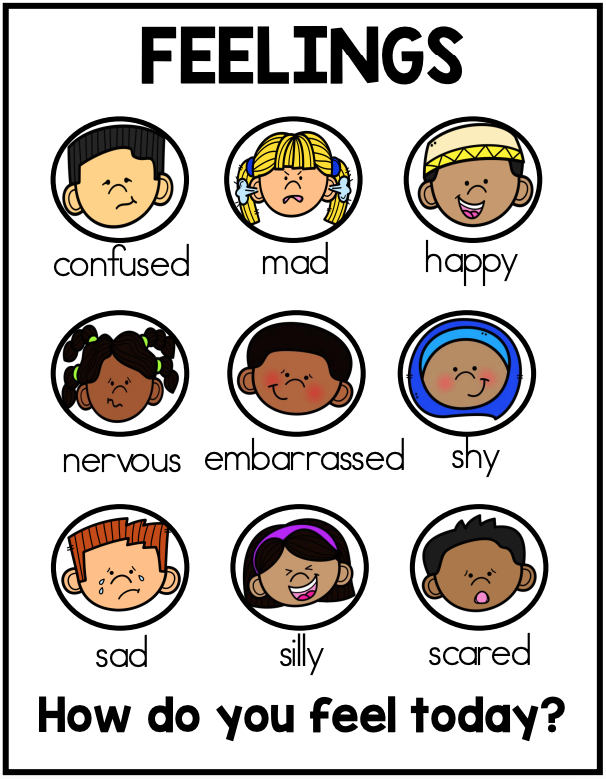
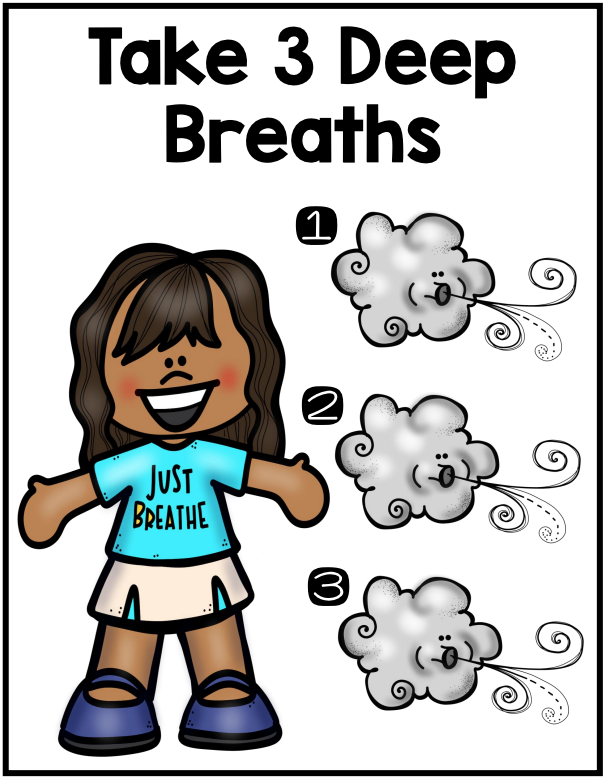
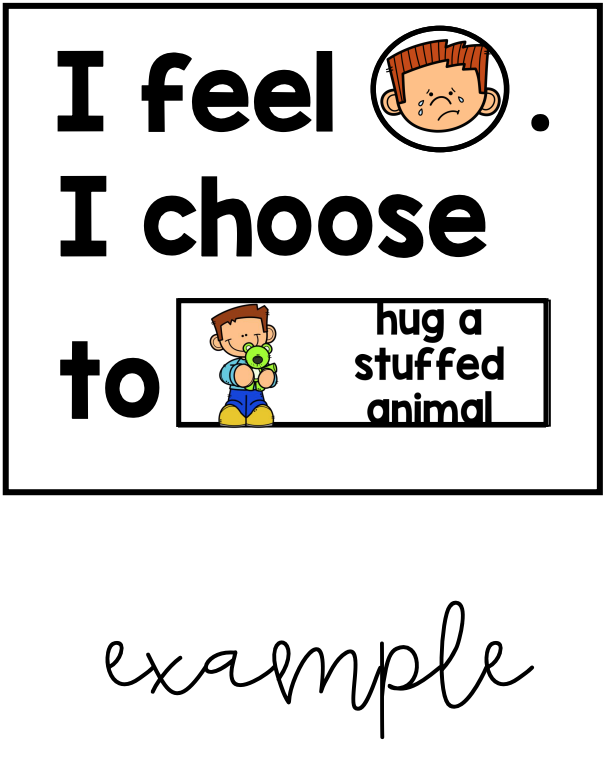
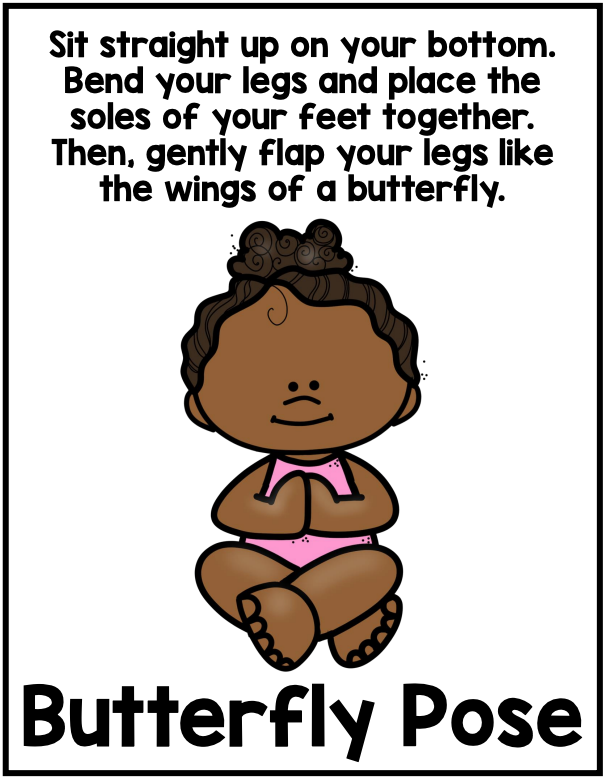
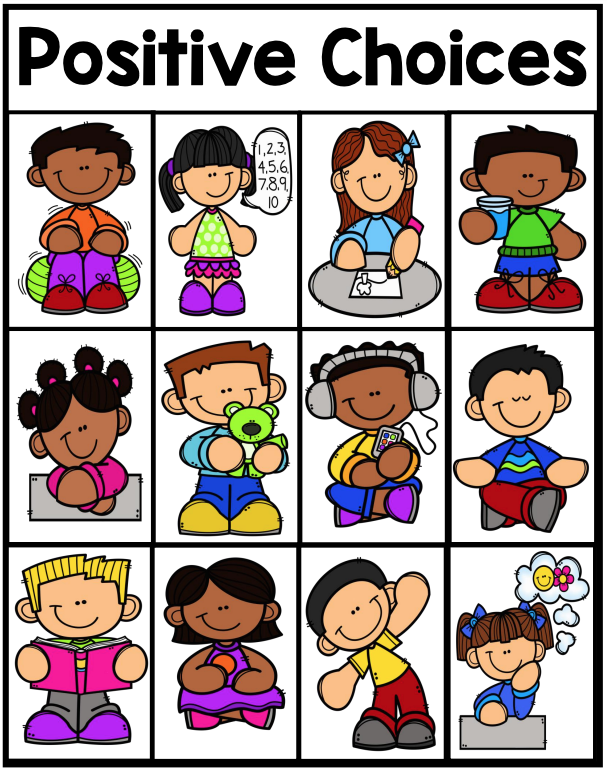

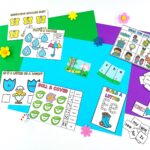



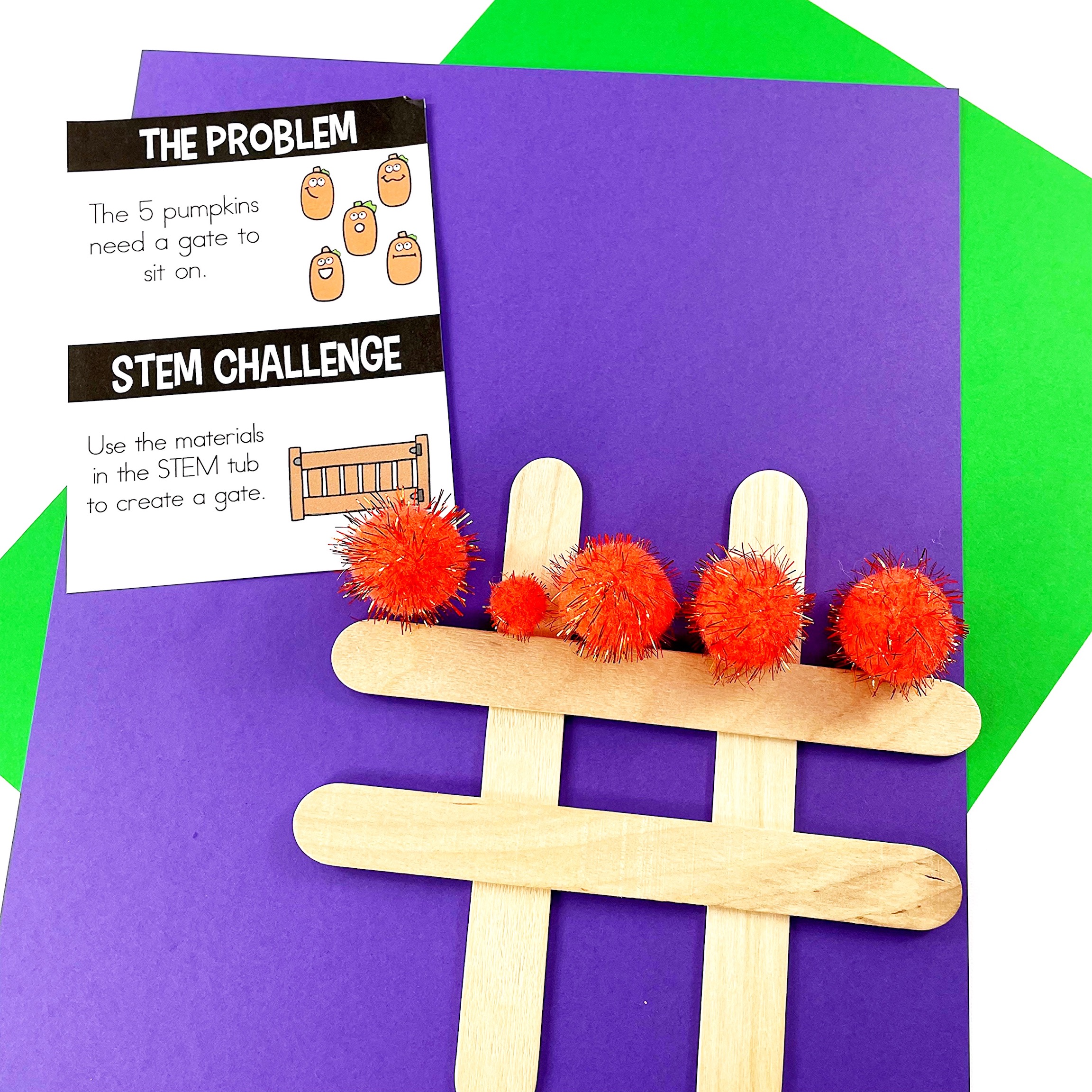


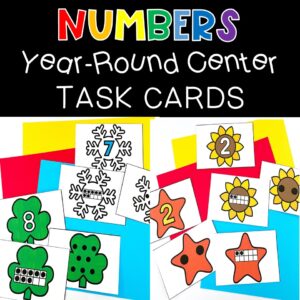

Leave a Reply